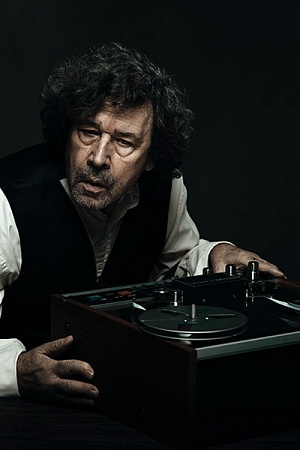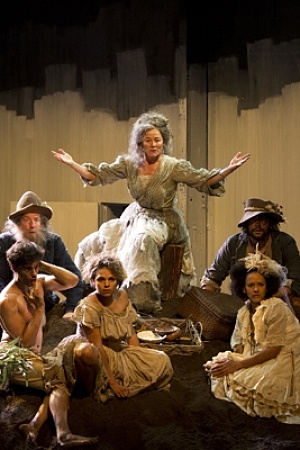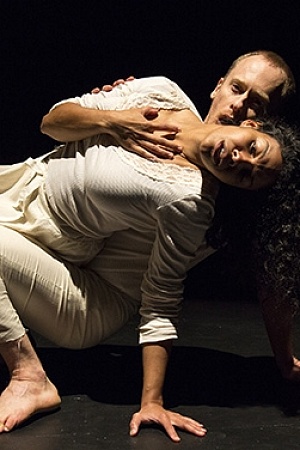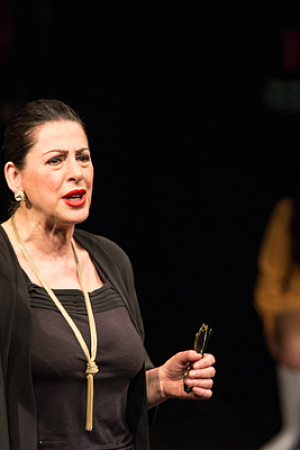Things I Know To Be True (State Theatre Company of South Australia and Frantic Assembly) ★★★★
At least as far back as 2002, playwright Andrew Bovell was advocating for more diversity on Australia's main stages: 'I see the same actors,' he told Hilary Glow in an interview for her book Power Plays (2007), '[and] they are invariably white and Anglo-Saxon, and I am not satisfied with that as a portrayal of our culture.'
Fourteen years later, in his new play – his first original stage work, discounting his adaptation of Kate Grenville's The Secret River for the 2013 Sydney Festival, since When the Rain Stops Falling (2008) – one more predominately white, Anglo-Saxon family populates the stage.
To note this is not to indulge in snarkiness, nor to single out Bovell from his peers, but to lament the enduring gulf between words and actions that characterises the dearth of cultural and ethnic diversity on Australian stages. You would be hard-pressed to find a playwright – or director or critic for that matter –in Australia who would disavow the need for greater plurality of faces and bodies in our theatre. But there they are again, you think as the house lights go down and another group of white, middle-class characters enumerate their familiar woes. Nobody's really to blame, you think, and anyway it's a universal story so it applies to everybody, no matter where they come from, or what they look like.
Continue reading for only $10 per month. Subscribe and gain full access to Australian Book Review. Already a subscriber? Sign in. If you need assistance, feel free to contact us.











Comment (1)
Leave a comment
If you are an ABR subscriber, you will need to sign in to post a comment.
If you have forgotten your sign in details, or if you receive an error message when trying to submit your comment, please email your comment (and the name of the article to which it relates) to ABR Comments. We will review your comment and, subject to approval, we will post it under your name.
Please note that all comments must be approved by ABR and comply with our Terms & Conditions.